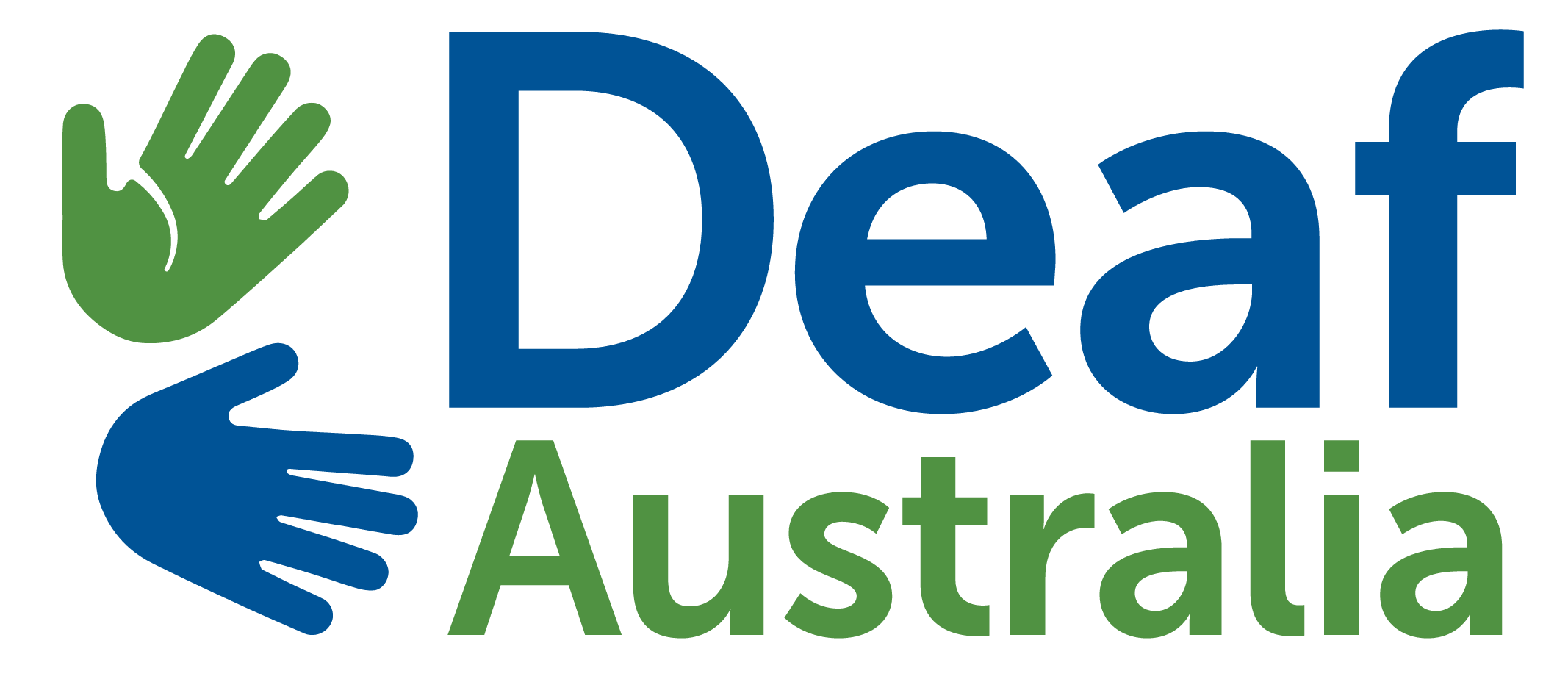No products in the cart.
(Consultation paper of National Relay Service)
Auslan Video courtesy of Conexu Foundation
The National Relay Service (NRS) has been an integral part of deaf/ hard of hearing people and people who have speech difficulties in providing communication access through telecommunication since it was established in 1995, lobbied by then Australian Association of the Deaf.
The NRS is funded through a levy that is collected from telecommunication providers each year.
There is a growing demand with the NRS in the last 3 years due to improved and better access to the NRS using various technologies and the Commonwealth Government is looking for ways to keep the NRS sustainable in current contract and beyond 2016.
The Commonwealth Government is providing the community the opportunity to discuss various options to sustain the NRS. If there are other options, we would be pleased to hear from you.
There are eight (8) options that is on the table for considerations:
- Increase the funding allocation available for the NRS to enable more people to sue the service with telecommunication providers covering the extra cost;
- Introduce measures to manage demand for NRS services;
- Introduce more specific requirements to support access to the NRS, including greater enforcement of fair use policies such as a registration process;
- Refocus the existing NRS outreach program to those people who have difficulty accessing the NRS;
- Review range of mainstream service options and technologies available to help sustain the delivery of the NRS in the future;
- Remove or change specific telecommunication regulations in place for disability equipment program due to communication technology changes (eg; reduced use of TTY);
- Encourage development of more equitable and affordable data-rich plans by retail service providers; and
- Encourage initiatives to enable people NRS users to learn about digital literacy and the availability of mainstreamed text- and video-based communication options.
Questions such as:
- Should any part of NRS be capped? E.g. limiting the calls to set minutes or reducing the operating hours.
- Phasing out TTY? What should be replaced?
- Should NRS require registration process to determine use of the NRS?
- Should the NRS Outreach program be refocused?
- Can more affordable data-rich plans be developed to allow use of NRS with mobile phone/ smart phones?
- Are there other innovation that can be used that will be better than current NRS?
More questions are available on page 20 of the Consultation Papers. https://www.communications.gov.au/have-your-say/communications-accessibility-2016-and-beyond
Deaf Australia clearly do not support (option 2). It means that some services may be limited or measures introduced (or ‘capping’) on how many calls can be made. If demand to use a capped service was greater than allowed for, there may be an impact on quality of service delivery over the course of each day. There is also limiting the hours of the service. Video Relay Service (VRS) is an example of a limited service as the service is only available between 7am – 6pm AEST – Monday to Friday.
Department of Communications and the Arts is currently developing Auslan translation of the consultation and should be available on Friday 15 April at the earliest.
This is an important process for the community to have a say in the future of the National Relay Service. We would be pleased if you can email Deaf Australia your concerns, ideas or thoughts at [email protected], or email directly to [email protected] or write to The Manager, Communication Accessibility, PO Box 13310, Law Court, Melbourne VIC 8010.
Submission closes 6 May 2016. Deaf Australia is seeking extension of time to allow us to collect your views.


